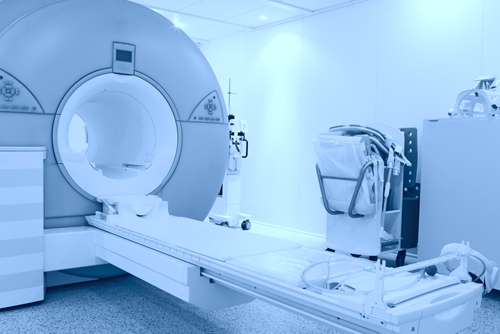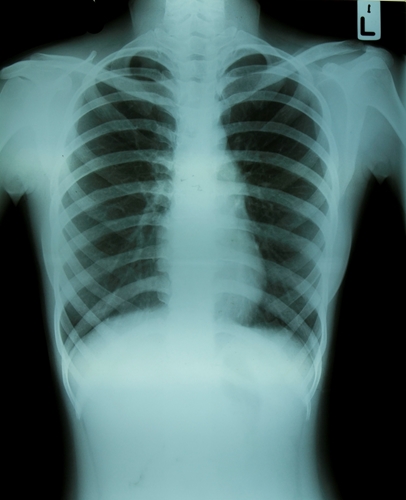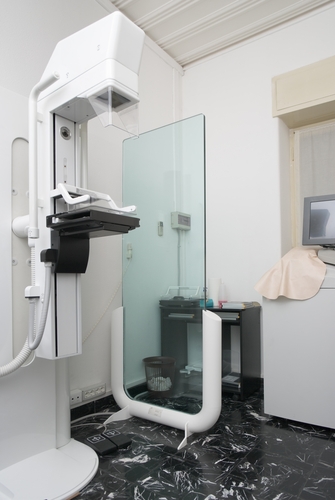With their loud sounds and tight spaces, medical imaging equipment can make patients feel very uneasy. While procedures can be quick, some can last for over an hour and lead to emotional discomfort for individuals.
According to HealthImaging, patient anxiety over CT exams is a very real issue for radiologists and technicians around the U.S. A new study, published online in Academic Radiology, indicated that individuals undergoing CT scans were apprehensive about radiation exposure, claustrophobia and intravenous contrast administration.
Researchers from Ruhr University in Bochum, Germany, led by Christoph Heyer, M.D., wanted to measure anxiety levels in patients before participating in diagnostic imaging procedures. They gathered 852 individuals who underwent CT exams during a 9-month period, analyzed their apprehension using the standardized state-trait anxiety inventory and identified any possible risk factors. The German version of the STAI is based on an American iteration from the 1970s.
Heyer and his colleagues found that the average STAI was higher for women, while patients who received IV contrast displayed elevated anxiety levels compared to patients who did not. Female patients also had greater fears about exam results, radiation and claustrophobia than males. In addition, individuals with known malignancies were overly concerned about their tests' findings.
It can be challenging to pinpoint the direct cause for the patients' anxiety, as there are a number of factors at play that can impact an individual's comfort level. However, the lack of national standards on radiology licensing might contribute to apprehension.
Licensing disparities in the U.S.
According to Diagnostic Imaging, radiologic technologists across the country face varying levels of licensing requirements. Most states require some form of certification, but others do not ask for any kind of formal education or training to be hired into the position. Working as a technologist calls for handling potentially hazardous materials and maintaining imaging equipment.
If technicians are not properly trained or certified, patients might be undergoing unsafe procedures that put their health at risk. As a result, the American Society of Radiologic Technologists wants to see nationwide standards established for all practices.
"Licensure is a state government's way of ensuring that personnel meet minimum professional standards before engaging in radiologic technology or radiation therapy, and licensure provides state governments with a way to prohibit unqualified individuals from performing imaging examinations or radiation therapy treatments on patients," said Christine Lung, CAE, vice president of government relations and public policy at ASRT, quoted by Diagnostic Imaging.
Accreditation and certification can both be achieved through licensed programs offered by numerous organizations, including the American Registry of Radiologic Technologists and the American College of Radiology. When patients are encouraged to inquire about their hospital or facility's technologist certifications, it is critical that providers ensure all staff members possess the proper credentials for operating and maintaining equipment.
Once states agree to adopt education and prerequisite regulations for radiologic technologists, the anxiety that patients experience from CT and other exams could begin to drop.
Contact Viztek for more information.
Ronny Bachrach
Latest posts by Ronny Bachrach (see all)
- Konica Minolta Debuts First-of-Its-Kind Digital U-Arm System at AHRA - July 27, 2016
- Researchers Detect Signs Of Stroke Risk Using MRI - June 27, 2016
- Imaging Biz: Q&A with David S. Channin MD: How to Make PACS Patient Centered - June 22, 2016










